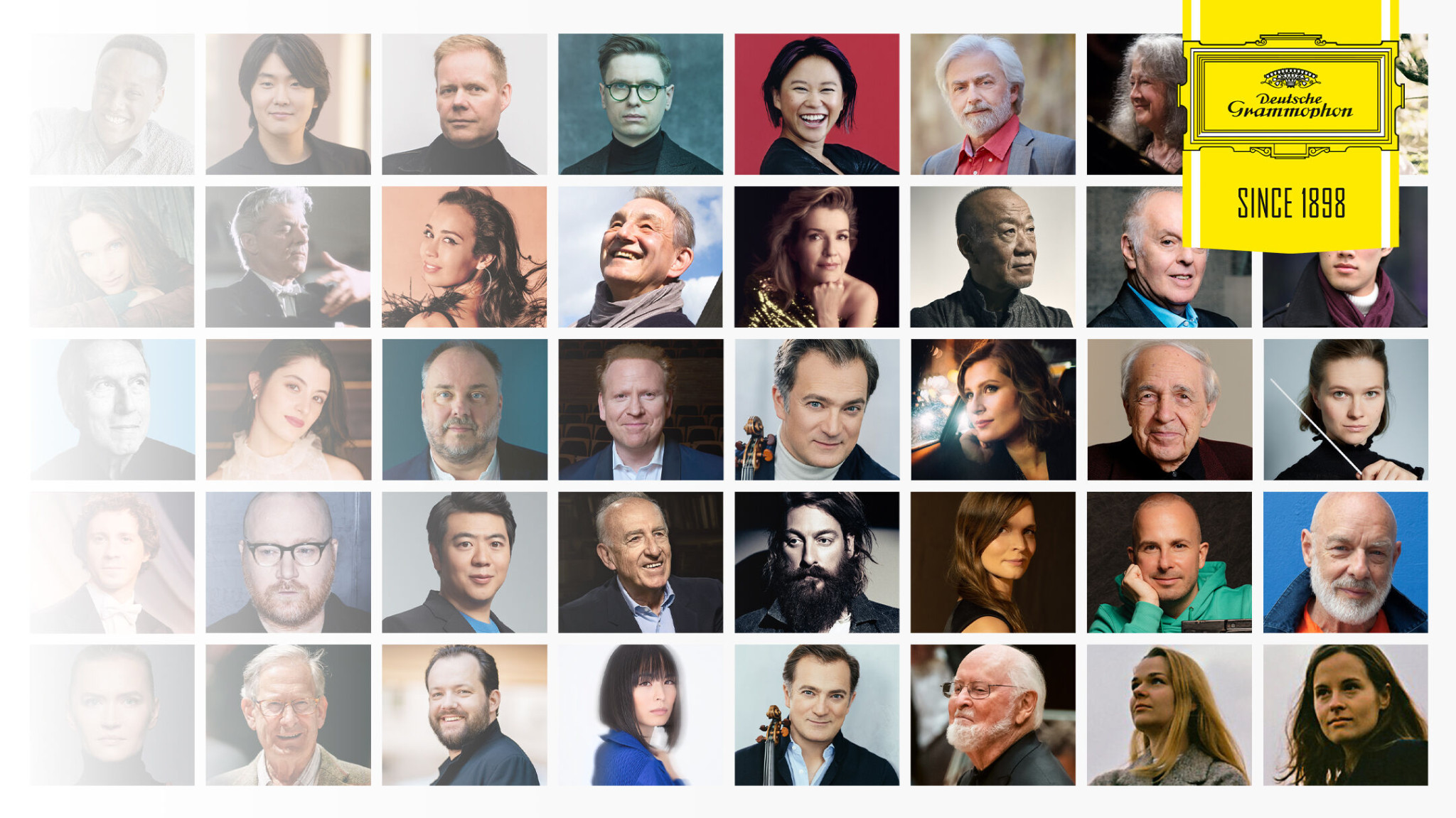Late, Great Schubert: Herbert Blomstedt Makes His Deutsche Grammophon Debut

Herbert Blomstedt chose the repertoire for his keenly awaited Deutsche Grammophon debut recording without hesitation. Joining forces with the majestic Gewandhausorchester, the Swedish conductor decided on a programme comprising two symphonic masterworks: Schubert’s Symphonies Nos. 8 “Unfinished” and 9 “Great”. Schubert · Symphonies is set for release on 8 July 2022, in time for Maestro Blomstedt’s 95th birthday three days later.
The conductor recorded the Schubert symphony cycle with the Dresden Staatskapelle in the 1980s but was keen to revisit these two works in particular, and with an orchestra whose connection to Schubert is part of a living tradition stretching back almost to the composer’s lifetime. The Gewandhausorchester gave the posthumous premiere of the Ninth Symphony in 1839 under the direction of Felix Mendelssohn, and helped cement its place at the heart of the repertoire.
The Eighth Symphony had to wait even longer for its first performance. It was Johann von Herbeck, a great champion of Schubert’s music, who recognised the brilliance of its two completed movements and conducted the premiere in Vienna in 1865. The Gewandhausorchester played the “Unfinished” for the first time just one year later.
Blomstedt observes that there is no easy answer to the old question of whether or not No. 8’s two movements in fact say everything that needs to be said, despite the existence of a sketched-out scherzo. “Two movements in triple time that would have been followed by a third movement in the same metre – this represents a tremendous challenge,” he notes, in an interview conducted by Tobias Niederschlag for the release. “Schubert was clearly striving for something different, which is why he did not complete the piece.”
“His final completed symphony [No. 9],” continues Blomstedt, “has everything that it takes to be truly ‘great’! The ideas that it contains are ‘great’ … Everything is interconnected here – as Robert Schumann euphorically exclaimed: ‘There is meaning everywhere.’ In achieving this aim, Schubert did not choose a text or a philosophical superstructure, as Beethoven had done in his Ninth … In Schubert’s symphony there is a musical meaning to everything.”
In addition to relying on the enormous experience and wisdom he has gained as the world’s longest-serving conductor, Blomstedt was able to draw on the scholarship of the New Schubert Edition for his latest recording. He notes how the original score of the Eighth Symphony, written in the summer of 1822, includes two arresting dissonances in the opening movement that were “smoothed out” by Brahms in what served as the work’s standard performing edition for well over a century. These and other significant details have been reinstated in the new critical edition; likewise, Schubert’s autograph score of the Ninth Symphony, composed between 1825 and 1828, includes numerous corrections and revisions that have been brought into the new edition.
Schubert · Symphonies, recorded last November at the Gewandhaus, reflects the mutual affection between Herbert Blomstedt and his Leipzig musicians. Their relationship developed during his time as Gewandhauskapellmeister and has been reinforced since by his regular returns as the orchestra’s Conductor Laureate. The conductor suggests that the players’ deep feeling for the meaning behind everything they play has been conditioned by their weekly Bach performances at Leipzig’s Thomaskirche. “It is this experience that makes the Gewandhausorchester the ideal ensemble for the profound masterpieces of later periods,” he reflects. “It was wonderful to explore these two very different but equally great Schubert symphonies with them.”
Herbert Blomstedt was born to Swedish parents in Springfield, Massachusetts on 11 July 1927. Two years later, he moved with his family to Sweden where he showed outstanding musical talent as a child. Studies in Stockholm, Uppsala, Darmstadt (with Cage), Basle, Salzburg (with Markevitch), New York and Tanglewood (with Bernstein) set the foundations for his subsequent career as a conductor. His professional debut, with the Royal Stockholm Philharmonic Orchestra in 1954, was a huge success and led to his first full-time appointment, as principal conductor of the Norrköping Symphony Orchestra.
Over the past sixty years Maestro Blomstedt has served as chief conductor or music director of, among others, the Oslo Philharmonic Orchestra, Danish Radio Symphony Orchestra, Dresden Staatskapelle and San Francisco Symphony. In 1998 he succeeded Kurt Masur as Gewandhauskapellmeister and remained in post until 2005, when he was named as Conductor Laureate of the Gewandhausorchester. His extensive discography includes everything from the symphonies of Beethoven, Bruckner, Nielsen and Sibelius to works by Berg, Mahler and Richard Strauss.





